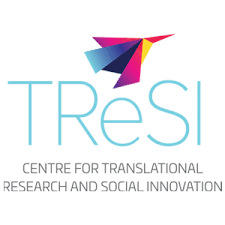Subjective wellbeing in the early childhood years
In research literature, there is a warranted concern that 'wellbeing' in early childhood is not well measured and not well understood.
The term 'wellbeing' is used extensively in research in a practice and policy context where we want to describe or discuss desired outcomes for children. Unfortunately, there is often conflicting views on what is meant by the term 'wellbeing' and how to measure it. This is a term that is used inter-changeably with other health and learning outcomes.
Regardless of how the term is portrayed, there is widespread agreement on the importance of measuring wellbeing.
Subjective wellbeing is the reported experience of positive emotions (such as optimism), negative emotions (such as sadness), satisfaction related to specific domains (such as work or relationships) and overall judgements of life satisfaction. (UNICEF, 2021)
Early childhood wellbeing lays the foundations for healthy development and lifelong health and wellbeing. However, in recent studies (OECD 2021), It shows there is still a significant gap for early childhood in wellbeing literature.
Overall aim:
Informed by the lived experience of young children, and the perspectives of parents and practioners, this research will develop and trial a tool to understand children's subjective experiences of wellbeing.
Phase 1 - Pilot study:
- Understand what "wellbeing" means to young children, parents and early childhood educators
- Explore the different components / domains associated with wellbeing
- Identify how we might better support wellbeing as an important outcome for the early childhood years
Partners:



